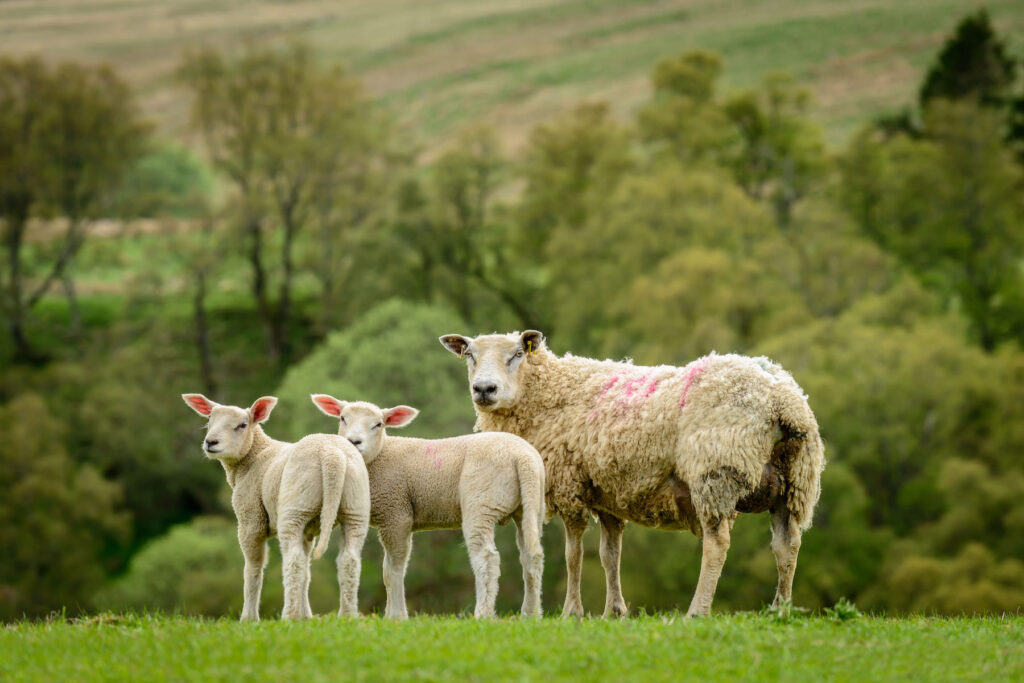Emergency authorisation given for cobalt in livestock feeds in Scotland
9th June 2023
The Scottish Government’s decision recognises the risks of cobalt deficiency to animal health and welfare.
Four cobalt salts can continue to be included in livestock feeds in Scotland after emergency authorisation was granted by the Scottish Government.
The move recognises the risk of cobalt deficiency in cattle and sheep in Scotland. It is estimated that nearly two-thirds of Scotland’s land is at risk of cobalt deficiency, putting the sheep sector at particular risk.
A Statutory Instrument laid in Scottish Parliament comes into force from 30th June, with the emergency authorisation period commencing on 15th July and expiring in July 2026.
Authorisation of the four feed additives was due to expire in July. NFU Scotland, AIC, and the British Association of Feed Supplement and Additive Manufacturers, all called for the authorisation to be renewed to protect animal health and welfare.
The loss of cobalt in July this year would have coincided with peak demand for supplementation in spring born lambs grazing hill pasture, pointed out NFU Scotland’s livestock policy manager Lisa Hislop.
“Cobalt supplementation is essential to our livestock industry, in particular our sheep sector,” she said. “Cobalt is a vital element for healthy animals and deficiency can result in debilitation, anaemia, emaciation and stunted growth.
“With 63% of Scotland’s land at high risk of cobalt deficiency, it is estimated that 75% of Scottish lambs and 40% of breeding ewes are regularly given cobalt.”
The Food Standards Agency is running a consultation (closing 9th June) on proposed emergency authorisation for the same four cobalt salts in England and Wales.
James McCulloch, AIC’s head of feed, said of the Scottish Government’s decision: “This decision will be especially welcome news for sheep farmers in Scotland wanting to supplement spring born lambs with cobalt to help ensure good growth rates over the summer months.”
He added: “We hope that a similar decision will soon be taken by the FSA so that these important feed additives remain available to livestock farmers in England and Wales too.
“We are working closely with Members and BAFSAM to respond to the FSA consultation.”

